Getting to know and creating a relationship with your baby is one of the most special things about becoming a parent. It makes you feel good, and it sets your wee one out in life knowing they're loved and looked after.
Every relationship between babies and their parents is different. If you want to chat to anyone about connecting with your wee one, you can talk to your health visitor. And if you or your partner want to read up about it, you can also visit Ready Steady Baby.
How can I bond with my baby?
Every baby has their own personality and character. Your baby may be quite different to other babies you know. They might differ in their sleep patterns, or how upset they get when they’re hungry. Even how they respond to being held or soothed may be different, so don’t worry, they’re their own individual after all.
However, all babies have the same basic needs. They all need to feel cared for, connected to, and safe.
It might feel hard to find time but your attention is the thing your baby craves the most, so try and make time throughout the day to connect with them. This helps you bond, and is one of the most important things for raising a happy child.
Our bonding tips for dads and partners have more suggestions for building that special relationship.
How do babies communicate?
Babies grow fast – and their needs quickly change. As they develop, they can also communicate better and you may find your baby does more than simply cry when they're tired, bored, or need a feed or nappy change – they may find lots of ways to express themselves. So while it's an exciting time there may be moments when you start questioning yourself. Am I doing this right thing? Could I be doing more to help my baby? Any parent will tell you they know what it's like – they've been there too. So we've got some great tips from them to help you.
Top tips from parents
Tip #1: Get cuddling!
The more skin-to-skin contact you have with your baby, the better. Cuddling skin-to-skin releases lots of feel good hormones for you and your baby. Getting to know each other’s touch and smell will help you build a strong emotional connection. The sling you get in the Baby Box is great for helping you create a closeness and calmness between you and your little one.
Tip #2: Feed your baby yourself
If you can, try and feed your baby yourself so you can get to know each other. Breastfeeding can take some getting used to, but it’s a fantastic way to form that closeness with your baby.
However, if breastfeeding's not for you, you can still create skin-to-skin contact with your baby when you’re bottle-feeding – it’s a great way to bond and soothe your baby.
Tip #3: Relax at home
Snuggle in at home. It’s easier to relax and enjoy the time with your wee one when you’re in a place you know well.
Tip #4: Give your baby a massage
Baby massage is a great way to bond with your baby. Ask your health visitor about any courses happening nearby.
Tip #5: Talk to your baby
Talk to your baby about what you’re doing together or what they’re looking at, pause and wait for them to respond. By cooing and babbling they are communicating with you.
Our page on helping your baby feel connected has lots more tips.
Tip #6: Distract a crying baby
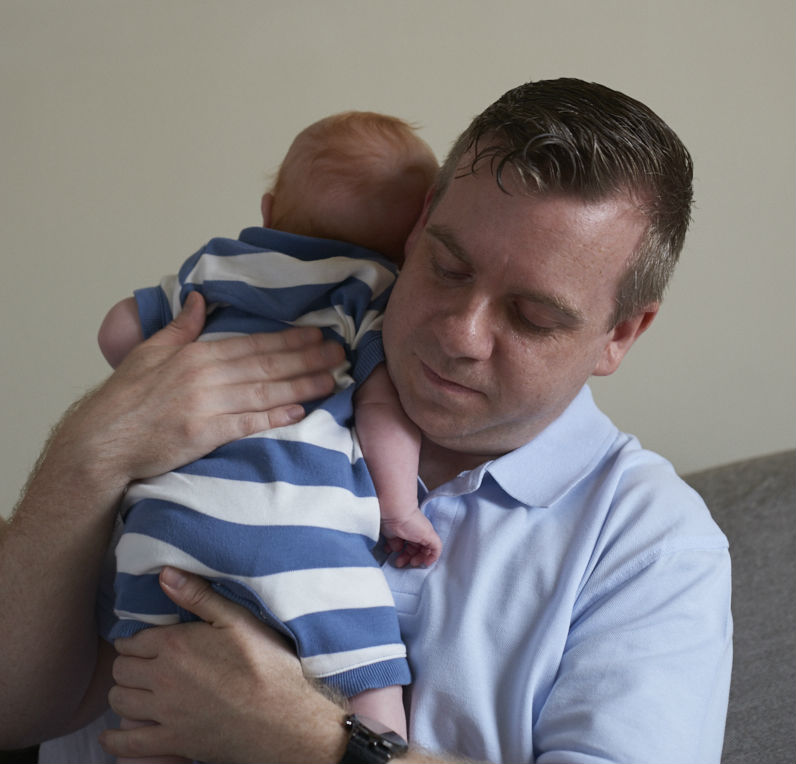
Some babies cry a lot, some cry only when they need something. A cuddle, a walk, a bath, or something that distracts their attention can sometimes put them in a better mood. Read our page on why is my baby crying for more information.
Tip #7: Take some time for yourself
It’s non-stop busy when you’re looking after a small baby – but remember to take some time for yourself too. Our section on wellbeing for new parents has lots of tips to help.
Tip #8: Nap when you can
Taking a nap when your little one is snoozing can help you catch up on lost sleep!
What the parents say
“I would say it’s really important to bond with your baby – I’m not sure that everyone feels it at the start, but if you don’t then that’s fine. I’ve heard stories about people not feeling that bond straight away, but maybe they’re just overwhelmed – with Calen I definitely did feel the bond straight away, just seeing him for the first time is amazing, there’s tears everywhere, the same with his dad.
"I just think spending that time with them, taking that time, even reading stories, even when they’re just little. Even though they don’t know exactly what you’re saying, but they still know your voice, and it’s just the loving touches, the playing and talking and stroking them and stuff like that that they love and it just builds the bond.
"I just think that’s really important for your child because it’s unconditional love, they just love you so much, they depend on you and it’s amazing, it’s good.”
What the professionals say
"Touch is such an important part of connecting with your baby. Skin-to-skin contact is a lovely way to get to know your wee one. That's why your little one is often put on your chest quickly after they are born. It's a natural way for you to form a closeness together, and for them to develop emotionally.
"Responding positively to your baby helps them develop a secure attachment with you. This is a very special connection that babies form with one main person, usually their mum – but both parents can share the experience and dads can help strengthen this attachment, by being supportive and understanding.
“There might be times of the day where your wee one cries more – the early evening is a common time for this to happen. This can be particularly hard for you, as this is when new mums are most tired too! It's important to remember that this is normal, and keep yourself calm then too. Some babies do seem to cry more than others, even if it's not clear why.”
Questions new parents ask about bonding
I'm not sure I'm developing a good relationship with my baby, how do I know I'm doing it right?
Like any relationship, getting to know each other is different for everyone because – just like every parent – every baby is different, too. So try and go with the flow, and remember that by spending time with your baby, caring for them every day and always responding positively to them, you’re doing the right thing.
There are no rules when it comes to how long it takes to feel that closeness. It could take months or happen straight away. So don’t feel pressured – just keep giving your baby lots of cuddles and attention, and enjoy being with them.
If you do have any uncertainties, it always helps to talk about them. Just telling a friend what you’re worried about could help you feel much better. Your health visitor can also help you with any concerns – big or small – that you have along the way. Every parent has worries, so never be afraid to share your feelings.
This article on the Tiny Happy People website has more advice on building connections if you’re having difficulty bonding with your baby.
How can I bond with my baby?
There are lots of things you can do, and they will all help to strengthen the way you interact and respond to each other. We’ve got a few ideas here, and your health visitor might have more for you too.
- Give your baby lots and lots of cuddles, and plenty of skin-to-skin contact.
- Try singing songs or chatting to your baby while you’re doing things.
- Talk about what your baby is looking at – when they’re cooing or crying, they’re communicating with you!
- Make silly faces – as they get older, they’ll start copying you.
You know what’s best for your baby, so trust your instincts when it comes to responding to them. Your wee one will love it when you play with them, talk to them and read to them. And the way you understand and respond to cues from your baby will give them a great start in life and support their development. It helps their brain grow and makes a big difference to their happiness and health.
Our page on helping your baby feel connected has lots of tips for communicating with your wee one. We also have bonding tips for dads and partners.
Ready, Steady Baby also has some easy and fun ideas to help you communicate with your baby. If you have twins or more, you can find bonding tips on the Twins Trust website.
How do I know what my baby is trying to tell me – especially if they're crying?
Babies can express all kinds of emotions – in their own unique way! They’ll smile and laugh when you’re cuddling and playing play together, and show that they’re annoyed or angry by squeaking or screaming, rather than by tearful crying. When they cry, it’s their way of saying that something is not right.
The main thing to remember is that if you’re feeling the least bit stressed from your baby’s crying, settle them somewhere safe and take a wee break. It’s never all right to shake your baby to stop them crying.
As you spend time together and get to know each other, you’ll get better at recognising what different cries and sounds mean, and what your baby might need or be expecting at various times each day. You could find this gets much easier as you get to know your baby better and learn to understand their needs and what they’re trying to tell you. You can find out more about feeding cues from your baby in our breastfeeding section.
Around 3 months is a great time to start getting into an evening routine. By following a similar pattern every evening, you’ll quickly notice that your wee one will begin to anticipate what’s happening next. You might find your baby shows excitement as they start to associate a feed and a story after their bath with snuggles before bedtime. Some babies may even start to sleep longer at this point… but not all and it doesn’t always last.
Our page on why is my baby crying? has more tips and advice to help. If you have twins or more, you can find advice and support on the Twins Trust website.
Do I have postnatal depression? (PND)
Having a baby is a big life event, and your hormones will be all over the place – so it’s natural you might be experiencing a range of emotions during and after your pregnancy. A few days after giving birth, your body is changing. Your pregnancy hormones are on the way out and your breast milk is coming in.
During those first days after your baby has arrived, you might go from floating on cloud nine to feeling down in the dumps, tearful, irritated and totally worn out. The ‘baby blues’ are a common result of those changing hormones, tiredness and the intense feeling of responsibility for your newborn baby. You may feel anxious about everything, unable to concentrate, and forgetful. But try not to worry – these feelings usually go away within two or three weeks.
If your low mood, feelings of irritability and difficulty sleeping haven’t gone away, or you feel worse, don’t be afraid to seek help. The baby blues and postnatal depression (PND) share a lot of symptoms – including mood swings, bursting into tears, feelings of sadness, and insomnia – and it’s always good to know how to tell them apart and when to ask for help. The main difference with PND is that the symptoms are more severe and longer lasting, and may even include suicidal thoughts or an inability to care for your baby. PND can affect your daily life, and leave you feeling as if you simply can’t cope.
PND can occur early on, or even months after the birth of your baby – but if you know what to watch out for, you are in a better position to take control and take positive action. The important thing to remember is that having postnatal depression is nothing to be ashamed of and you are not alone. Your midwife, health visitor or GP are all there to listen, and to help you. The sooner you talk to someone, the better – even if it’s a trusted friend or family member.
You can find out more about postnatal depression here and your health visitor will help you if you have any questions or concerns.
More information
Every relationship between babies and their parents is different. If you want to chat to anyone about connecting with your wee one, you can talk to your health visitor. And if you or your partner want to read up about it, you can also visit Ready Steady Baby.
If you're expecting twins, triplets or more, the Twins Trust offers advice and support.
 Activities & Play
Activities & Play Behaviour
Behaviour Childcare
Childcare Development & Growing Up
Development & Growing Up Family, Friends & Relationships
Family, Friends & Relationships Feeding Your Baby
Feeding Your Baby Food & Eating
Food & Eating Health & Safety
Health & Safety Mental Health & Wellbeing
Mental Health & Wellbeing Money & Work
Money & Work Online Behaviour & Safety
Online Behaviour & Safety Pregnancy & First Days
Pregnancy & First Days School & Education
School & Education Sleep
Sleep

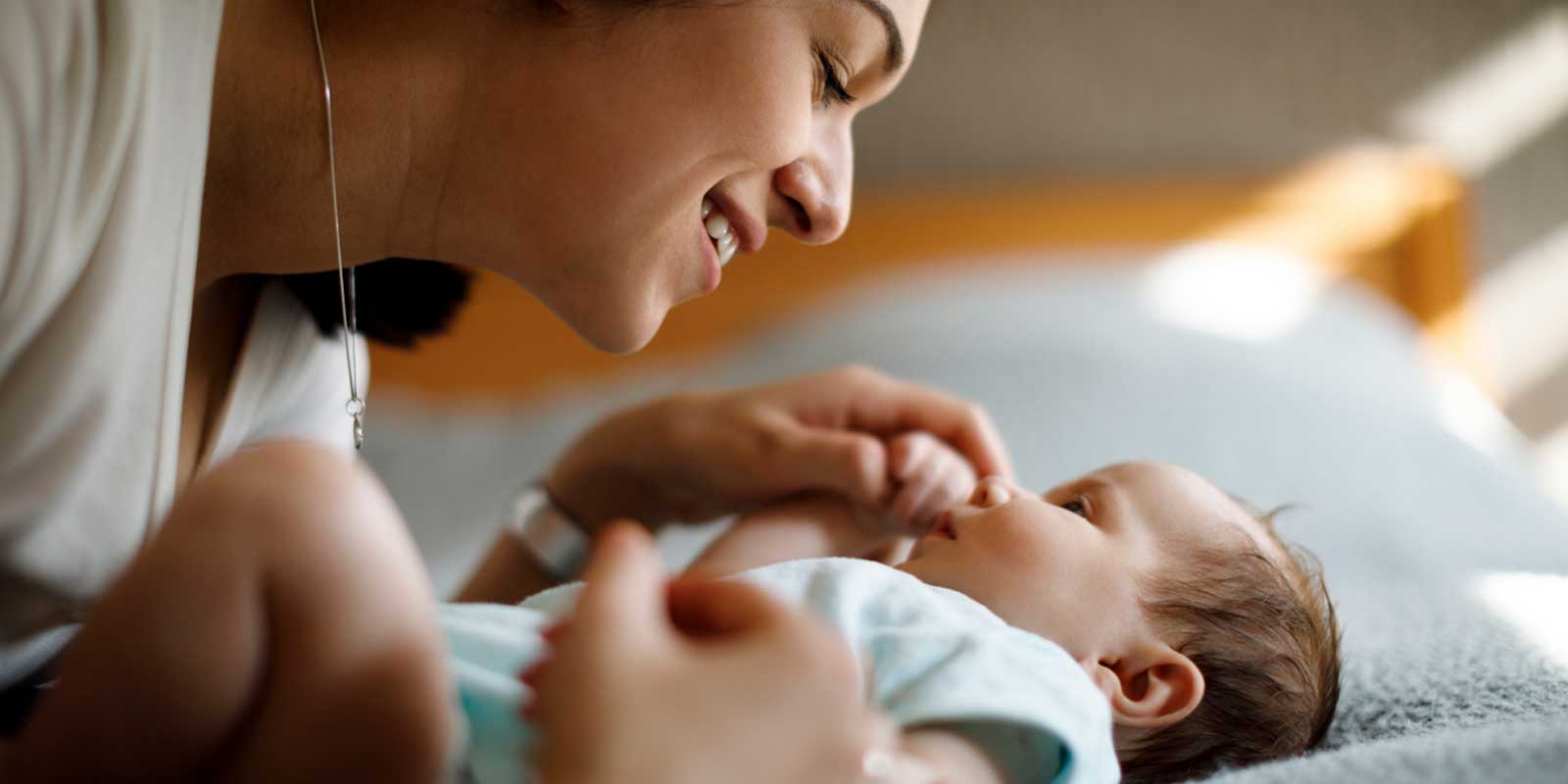
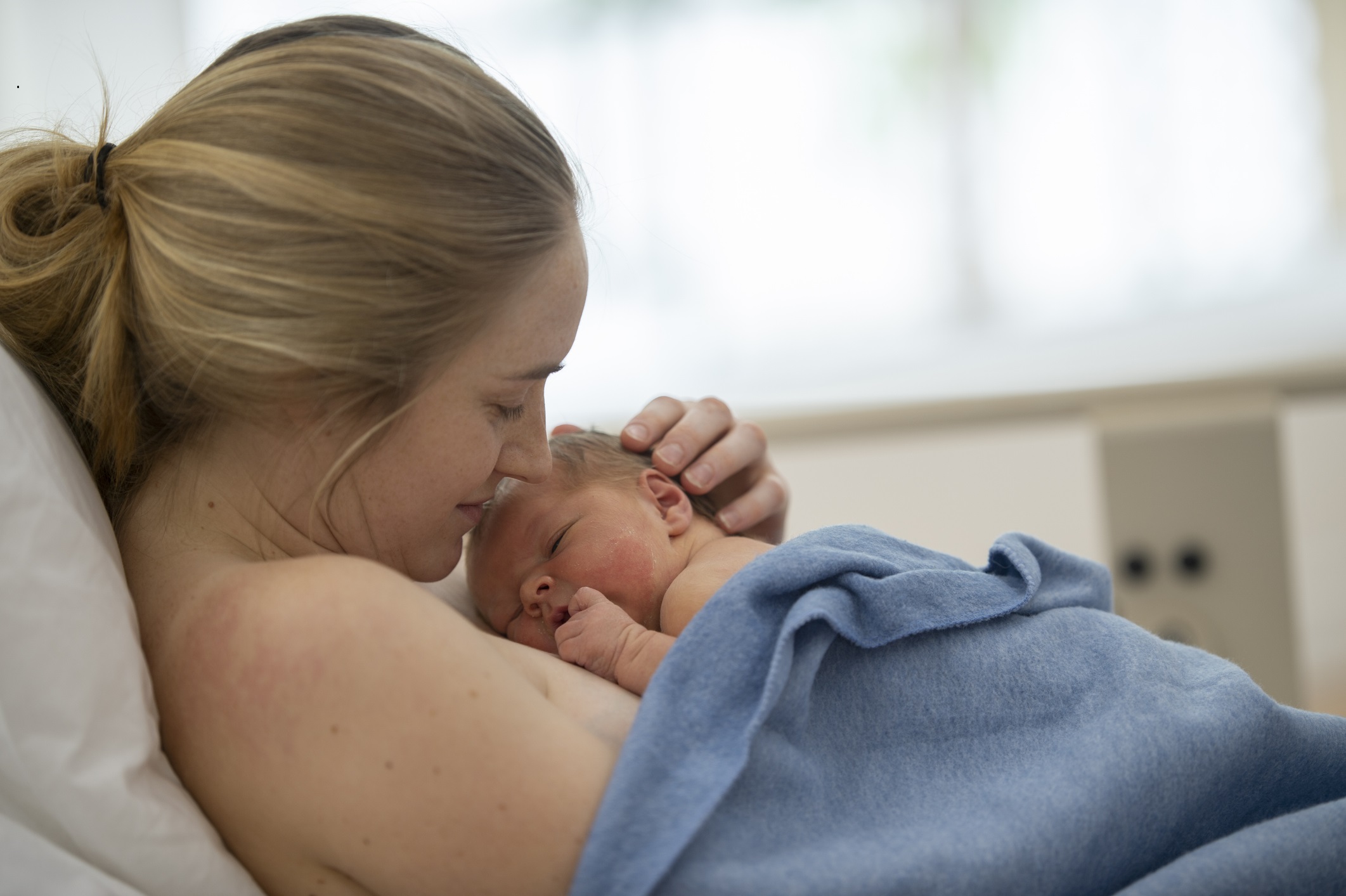
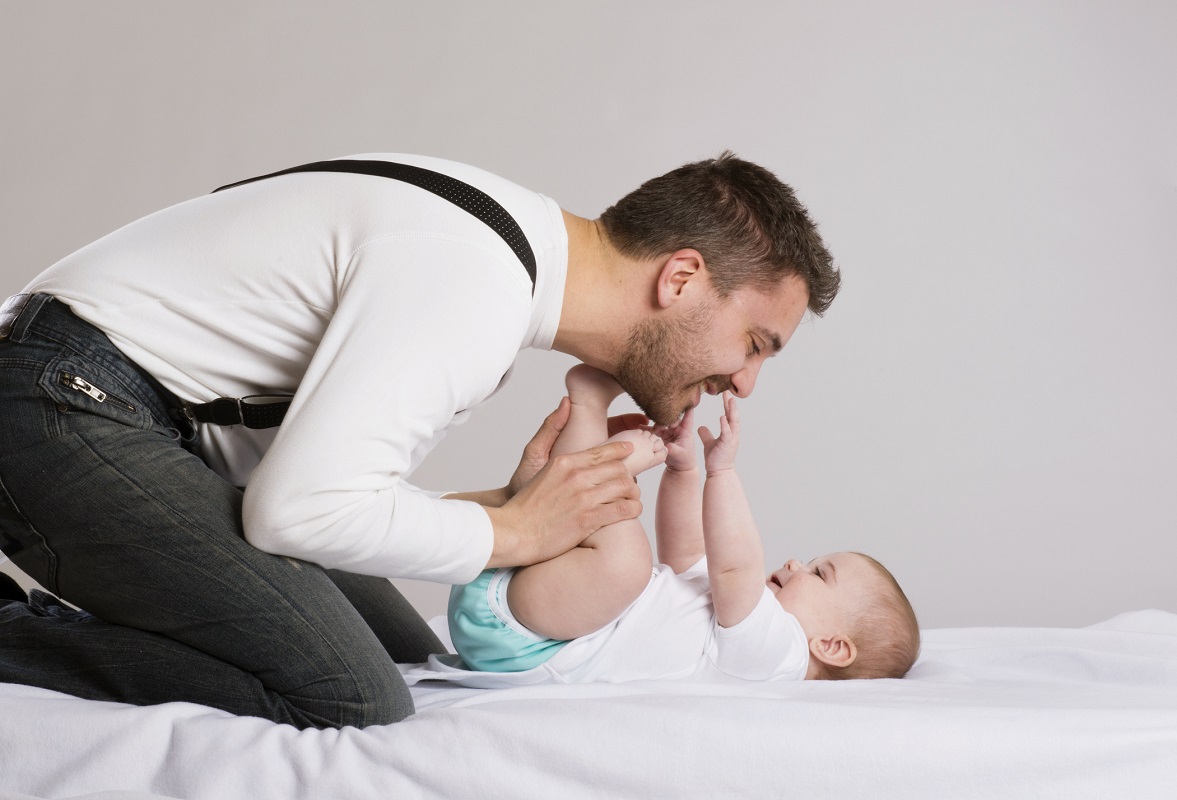

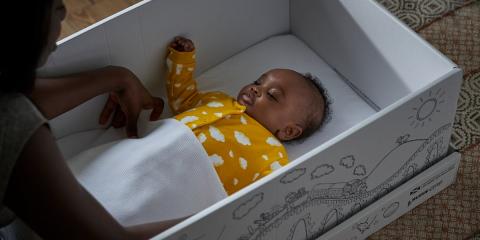
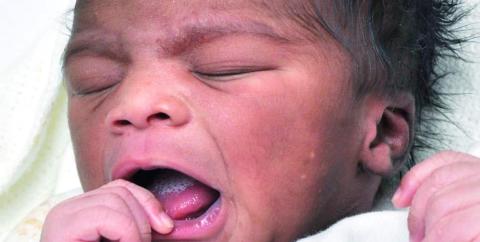
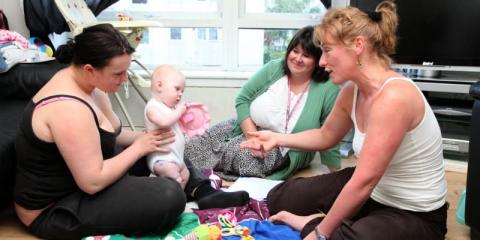
 Mental Health & Wellbeing
Mental Health & Wellbeing
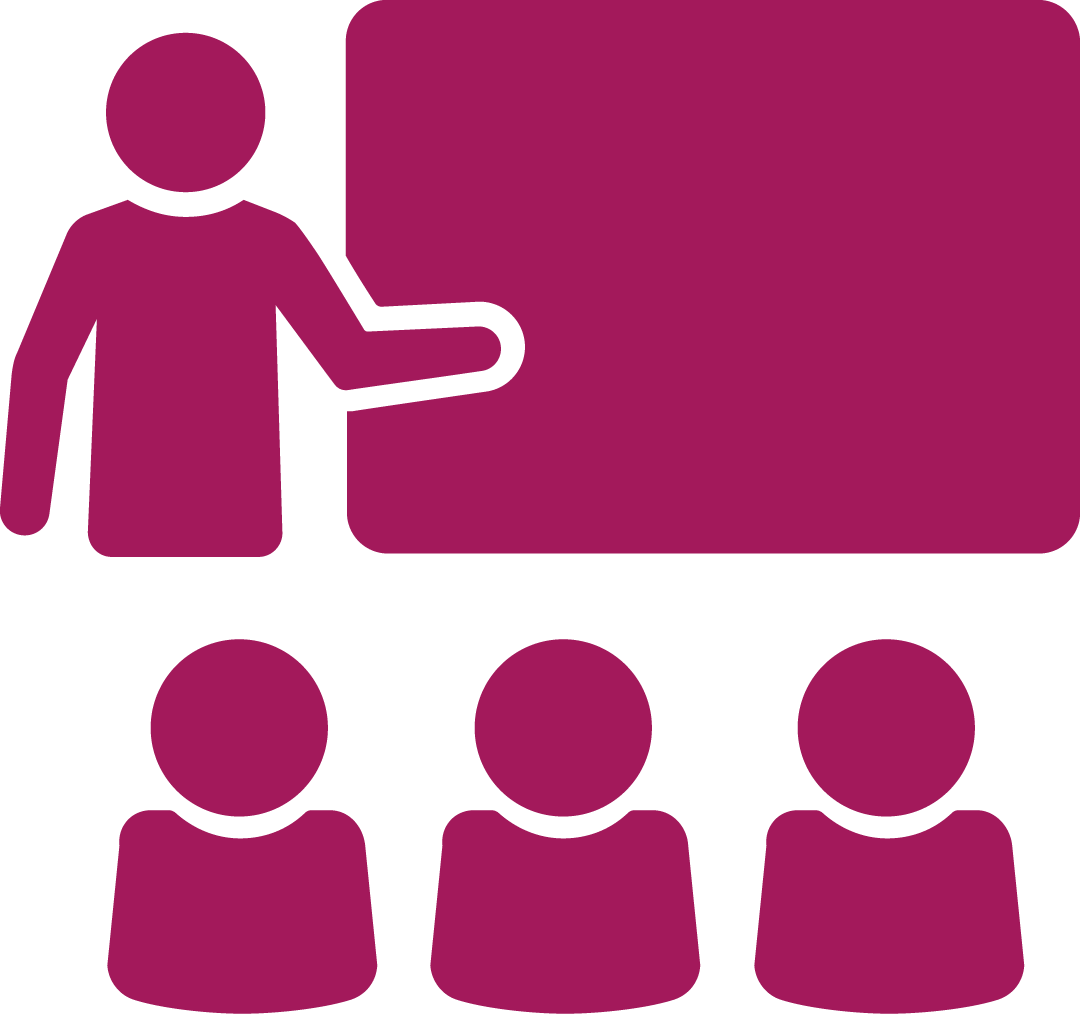 School & Education
School & Education